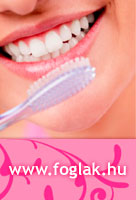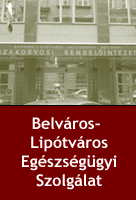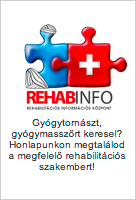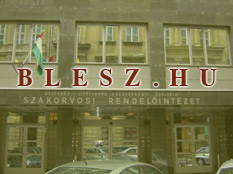- A nap híre
- Régebbi hírek
- Tanácsadás
- Kereső
- Hírlevél
- Lexikon
- GYIK
- Képgalériák
- Látogatók
- Elérhetőség
- Ajánlatkérés
- Díjtételek



Dark Chocolate Improves Coronary Vasomotion and Reduces Platelet Reactivity
Dark Chocolate Improves Coronary Vasomotion and Reduces Platelet Reactivity
Background— Dark chocolate has potent antioxidant properties. Coronary atherosclerosis is promoted by impaired endothelial function and increased platelet activation. Traditional risk factors, high oxidative stress, and reduced antioxidant defenses play a crucial role in the pathogenesis of atherosclerosis, particularly in transplanted hearts. Thus, flavonoid-rich dark chocolate holds the potential to have a beneficial impact on graft atherosclerosis.
Methods and Results— We assessed the effect of flavonoid-rich dark chocolate compared with cocoa-free control chocolate on coronary vascular and platelet function in 22 heart transplant recipients in a double-blind, randomized study. Coronary vasomotion was assessed with quantitative coronary angiography and cold pressor testing before and 2 hours after ingestion of 40 g of dark (70% cocoa) chocolate or control chocolate, respectively. Two hours after ingestion of flavonoid-rich dark chocolate, coronary artery diameter was increased significantly (from 2.36±0.51 to 2.51±0.59 mm, P<0.01), whereas it remained unchanged after control chocolate. Endothelium-dependent coronary vasomotion improved significantly after dark chocolate (4.5±11.4% versus –4.3±11.7% in the placebo group, P=0.01). Platelet adhesion decreased from 4.9±1.1% to 3.8±0.8% (P=0.04) in the dark chocolate group but remained unchanged in the control group.
Conclusions— Dark chocolate induces coronary vasodilation, improves coronary vascular function, and decreases platelet adhesion 2 hours after consumption. These immediate beneficial effects were paralleled by a significant reduction of serum oxidative stress and were positively correlated with changes in serum epicatechin concentration.
Andreas J. Flammer, MD; Frank Hermann, MD; Isabella Sudano, MD, PhD; Lukas Spieker, MD; Matthias Hermann, MD; Karen A. Cooper, MSc, PhD; Mauro Serafini, PhD; Thomas F. Lüscher, MD; Frank Ruschitzka, MD; Georg Noll, MD; Roberto Corti, MD
From Cardiovascular Center (A.J.F., F.H., I.S., L.S., M.H., T.F.L., F.R., G.N., R.C.), Cardiology, University Hospital Zurich, Zurich, Switzerland; Nestlé Research Center (K.A.C.), Lausanne, Switzerland; and Antioxidant Research Laboratory (M.S.), Unit of Human Nutrition INRAN, Rome, Italy.
Correspondence to Roberto Corti, MD, Cardiovascular Center, Cardiology, University Hospital Zurich, Raemistr 100, CH-8091 Zurich, Switzerland. E-mail roberto.corti@usz.ch
Received May 18, 2007; accepted August 31, 2007.
(Circulation. 2007;116:2376-2382.)
© 2007 American Heart Association, Inc.
« vissza
Időpont foglalás
Időpont foglalás ›
Regisztráció ›
Ha már regisztrált, az oldal tetején található link segítségével beléphet.
Az orvos válaszol
Tegye fel kérdését - írásban válaszolunk Önnek Kérdezzen Ön is! ›

